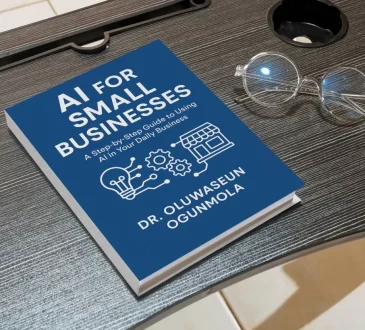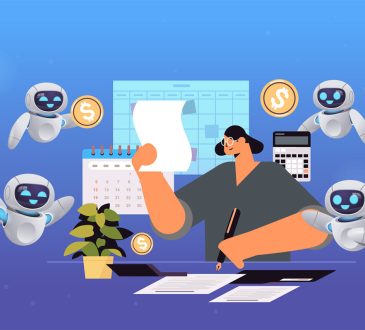
In the rapidly evolving business landscape of 2025, one thing has become unmistakably clear: Artificial Intelligence is no longer an optional technology reserved for large corporations—it has become a core driver of sales, productivity, and operational efficiency across industries. From retail and manufacturing to finance, healthcare, and logistics, organizations are integrating AI into everyday workflows to unlock deeper insights, streamline processes, and serve customers faster and better than ever before.
AI’s strength lies in its ability to process gigantic volumes of data in seconds, learn from patterns, and deliver accurate predictions. But its real power emerges when combined with human decision-making. Together, people and AI systems are reshaping the future of work. Here’s a detailed look at how AI is helping companies boost sales and productivity in 2025.
1. AI-Powered Personalization Drives Higher Sales
Consumers today expect personalized shopping experiences—recommendations that feel tailored, product suggestions that match their interests, and communication that resonates with their preferences. AI makes this level of personalization possible at scale.
Online retailers are using machine learning models to analyze:
- Browsing behavior
- Purchase history
- Demographics
- Micro-interactions
With this data, AI systems suggest products that each customer is more likely to buy.
Examples include:
- Dynamic pricing tools that adjust prices in real time
- Heat-mapping tools in physical stores to track customer movement
2. Smarter Marketing Through Predictive Analytics
Predictive analytics helps businesses anticipate:
- Customer needs
- Buying patterns
- High-performing channels
Companies can now identify:
- Customers most likely to respond to ads
- Those likely to unsubscribe
- Repeat purchase segments
AI also enhances content creation for ads, social media, and scripts.
3. Intelligent Automation Boosts Workforce Productivity
AI automates repetitive tasks such as:
- Data entry
- Invoice processing
- Scheduling
- Customer support
RPA bots handle:
- Document extraction
- Spreadsheet updates
- Report generation
- Transaction processing
AI-driven chatbots improve customer support and reduce workload on human agents.
4. Enhanced Decision-Making With Real-Time Insights
AI dashboards help executives:
- Predict sales
- Monitor performance
- Identify inefficiencies
- Track sentiment
- Forecast demand
In manufacturing, predictive maintenance reduces downtime and repair costs.
5. Supply Chain Optimization for Faster Deliveries
AI improves supply chain operations by:
- Predicting delays
- Optimizing inventory
- Planning delivery routes
Warehouse automation with AI-guided robots improves sorting, packing, and tracking.
6. AI for Sales Teams: Smarter Pipelines and Faster Closures
AI-powered CRMs:
- Identify high-quality leads
- Predict deal closures
- Personalize outreach
AI assistants help with:
- Meeting scheduling
- Call summaries
- Follow-up reminders
7. Improved Employee Performance With AI Training Tools
AI platforms personalize training based on:
- Pace
- Strengths
- Weaknesses
Call centers use AI to analyze:
- Voice tones
- Customer emotion
- Real-time agent performance
8. Strengthening Cybersecurity and Protecting Systems
Machine-learning-driven security systems detect:
- Suspicious behavior
- Unusual login patterns
- Potential breaches
This minimizes downtime and enhances productivity.
Conclusion: AI Is the Future of Business Growth
Artificial Intelligence is a powerful catalyst for increasing sales and productivity. Businesses embracing AI are preparing for long-term success as the technology continues to evolve and reshape industries.




